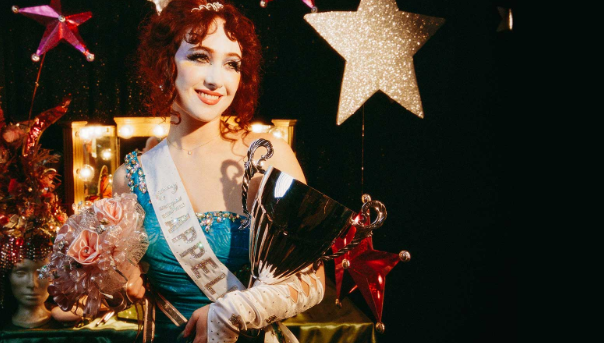Celebrating April Fools’ Day; Tricking people throughout history
April 11, 2023
April Fools’ Day happens on the first day of April in most countries, and is a day where people play pranks on each other. April Fools’ Day could even have relations farther back in history than to what is now as a modern annual holiday. The real joke of April Fools’ Day is that no one truly knows where it originated from, or even when.
It’s just human nature to play jokes, and it always has been, according to historians. One of the guesses at the origin of April Fools’ Day dates all the way back to Roman times. According to the New World Encyclopedia, Hilaria is a Roman festival that can also be translated to cheerful times, and it honors the goddess Cybele. This festival celebrates the resurrection of Cybele’s dead lover Attis. It was a day to be joyful about, people would celebrate by dressing up and imitating each other.
According to the Library of Congress Blogs, some historians have even said that the holiday comes from France, when they switched from the Julian calendar to the Gregorian calendar. Not everyone in France switched to the new change, so those who continued to follow the old ways were often called “poisson d’avril.” It’s an insult that has the purpose of calling those people who use the old calendar gullible. The name ‘April Fish’ implies that it is easier to catch fish in that season, making them also easier to trick.
In modern history, newspapers, news stations, and radio stations have all had their fun in tricking people on April 1. For example, in 1957, the BBC played a prank on its viewers by showing harvesters in Switzerland picking spaghetti off of trees. In 2008, the BBC played another prank on its audience by saying that penguins could fly.













